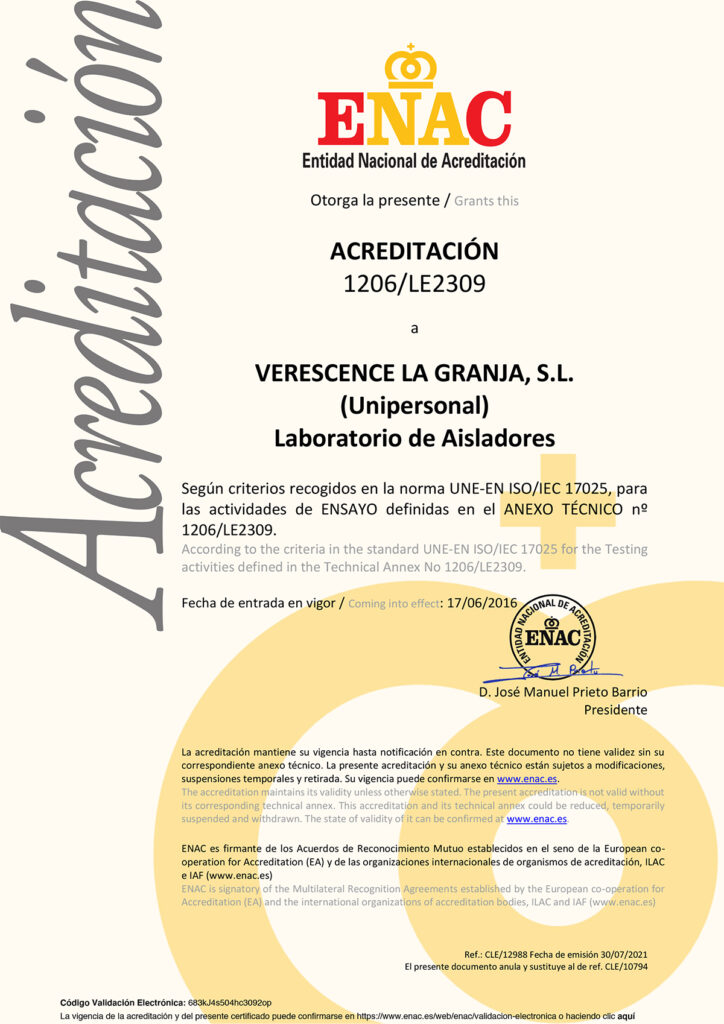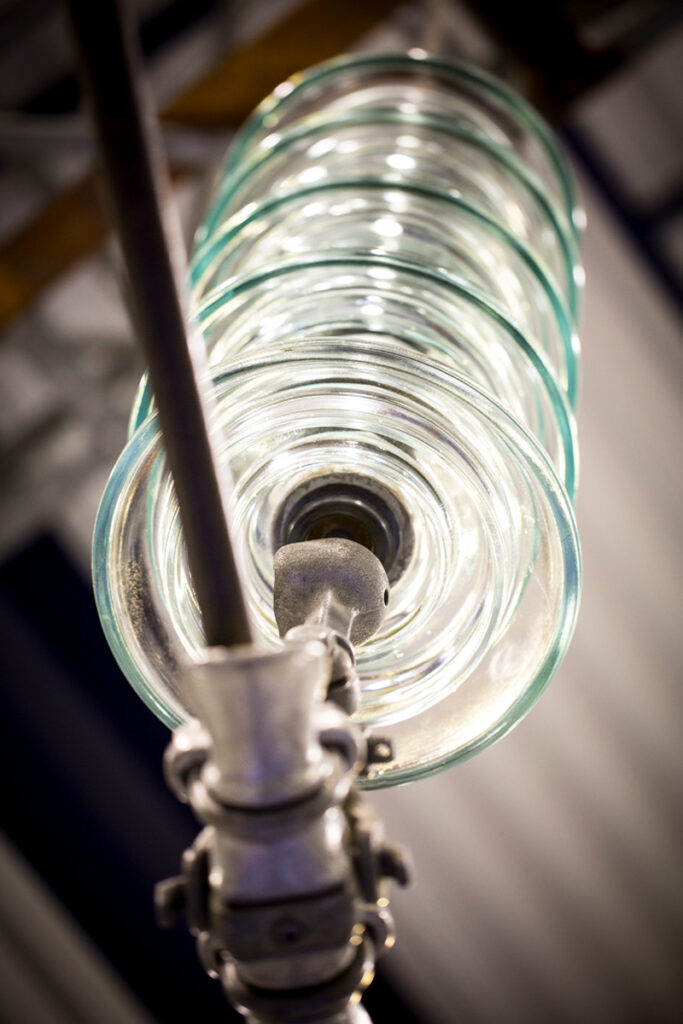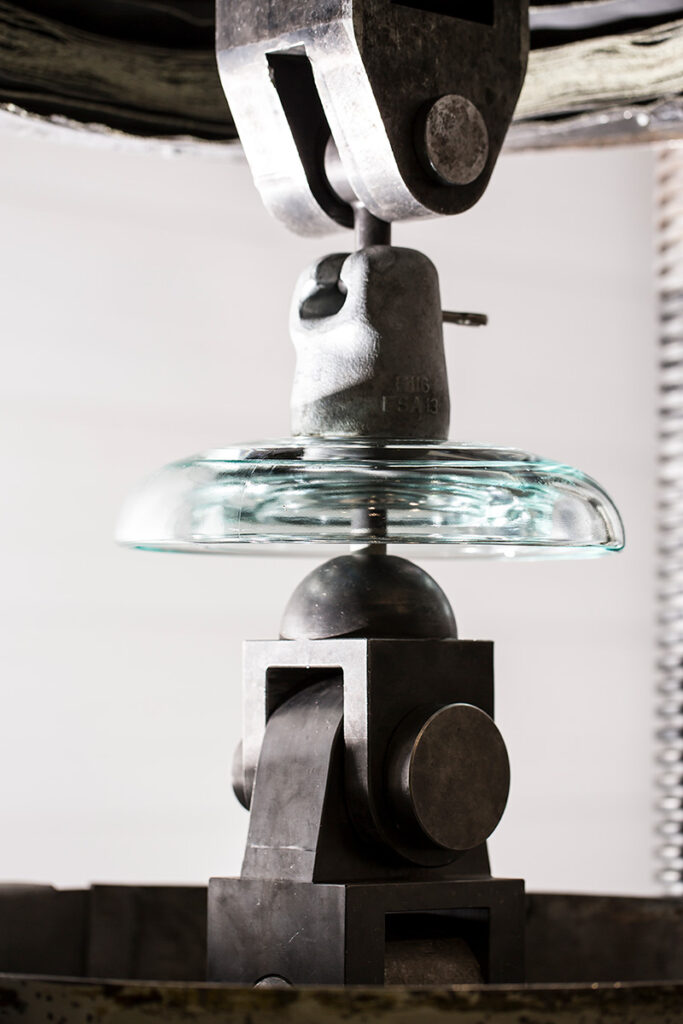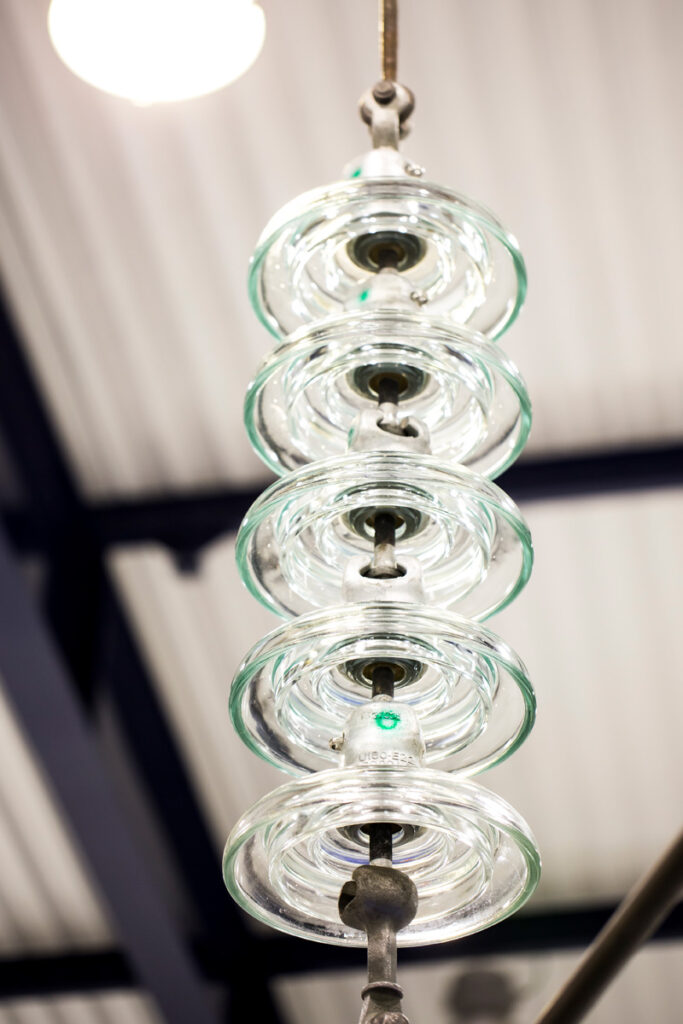Laboratory: Ensuring quality insulators for every application
At our laboratory, innovation and precision converge to guarantee the highest quality insulators for diverse contexts and applications. Our commitment to excellence drives us to employ rigorous testing procedures that ensure the reliability, performance, and safety of our insulators.
Our laboratory is accredited under the ISO 17025 Standard (General requirements for the competence of testing and calibration laboratories). It is designed to carry out all sample and type tests complying with the standards established by IEC, ANSI, CSA, BS, NF, UTE and UNE, amongst others. (See attached scope of the accreditation)




Testing Procedures
Electrical Testing:
Our state-of-the-art laboratory is equipped with advanced electrical testing setups that evaluate the insulators' electrical properties. High voltage and impulse tests are conducted to simulate real-world conditions and assess the insulators' ability to withstand voltage stresses, ensuring they maintain optimal insulation integrity.
Thermal Performance:
Insulators often operate in environments with varying temperatures. Our laboratory simulates extreme temperature conditions, exposing the insulators to rapid temperature changes and prolonged exposure to extreme heat or cold. This testing verifies their thermal stability and ensures they can operate effectively across a wide temperature range.
Tracking and Erosion Resistance:
In polluted or humid environments, insulators can experience tracking and erosion, potentially leading to electrical failure. Our laboratory employs specialized tests to evaluate the insulators' resistance to these factors, preventing the formation of conductive paths that could compromise their performance.
Mechanical Strength:
The mechanical strength of insulators is of paramount importance, especially in harsh environments. We subject our insulators to mechanical load tests, including tensile, compression, and bending tests, to ascertain their structural integrity and ability to withstand physical stress without compromising performance.
Corrosion Resistance:
Many insulators are installed in environments where corrosion is a concern, such as coastal areas or industrial settings. We conduct corrosion resistance tests to assess the insulators' ability to resist degradation caused by environmental factors, ensuring a longer service life.
Radio Interference Voltage (RIV) Testing:
Insulators used in high-voltage transmission lines must not introduce unwanted radio interference. RIV testing is performed to measure the insulators' emissions and ensure they meet regulatory standards, minimizing electromagnetic disturbances.



